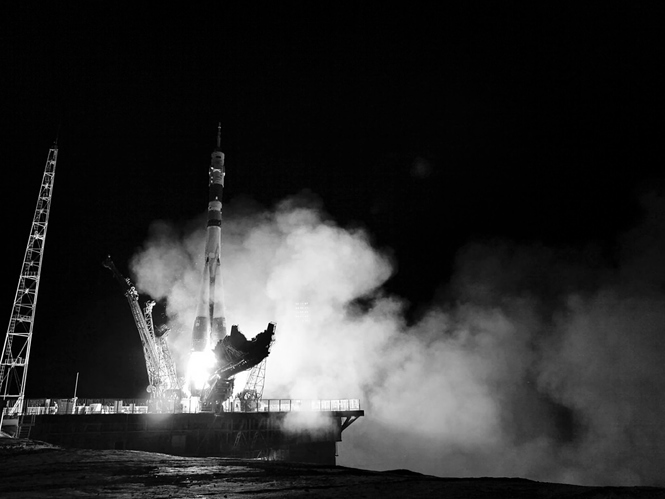In the New York Times, Megan O’Grady writes a long-overdue feature profile of Trevor Paglen. Paglen discusses his move to Berlin, his upcoming “Orbital Reflector” project, and how growing up on US military bases influences his work. Here’s an excerpt:
Paglen is currently at work on his most radical project yet. This spring, he plans to send a satellite — a reflective, faceted Mylar inflatable — into low orbit, where it will be visible at night from Earth for eight weeks or so, literally twinkling like a diamond in the sky before it disintegrates in the atmosphere. If all goes according to plan, it will be the world’s first space sculpture, unprecedented in contemporary art.
The Orbital Reflector, as Paglen calls it, seems at first glance almost romantic, even deliberately naïve. It has no scientific purpose; it doesn’t even carry a camera. But under closer scrutiny, it can be seen as an elaboration of the artist’s ongoing thesis about art, technology and the impossibility of separating either from a specific moment in time. ‘‘It began as a thought experiment in which we imagined that spaceflight was the opposite of what it actually is,’’ he explains over lunch at Soho House, at a table overlooking the Berlin TV tower, with its iconic dome evoking Sputnik, Earth’s first satellite. In the American mind, space is a frontier: ‘‘We imagine going to the moon and planting a flag, going to an asteroid and mining, going to Mars and setting up a colony,’’ he says. ‘‘And I think that expansionist mentality is very self-destructive, especially given the kind of precarious relationship we now have to the ecosystem here on Earth, because it allows us to imagine that Earth is disposable.’’ Billionaire entrepreneurs may dream of colonizing Mars, but in fact, space is not going to save us. Aliens are not going to grant us absolution. ‘‘People expect this kind of profound cosmic altruism, which is very religious in a way. Space is completely wrapped up with this kind of stuff, which is what makes it interesting.’’
Image: A Soyuz rocket launch in Kazakhstan, which Trevor Paglen sent into space on a communications satellite in 2012 as part of his series “The Last Pictures.” Via NY Times.
